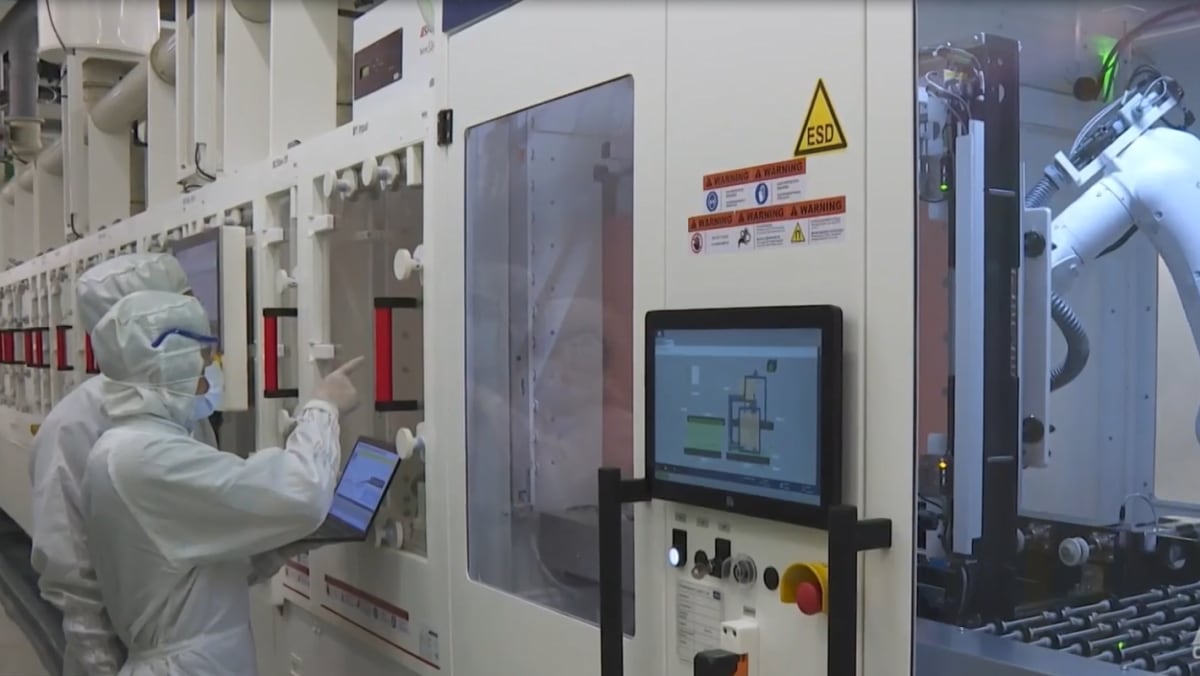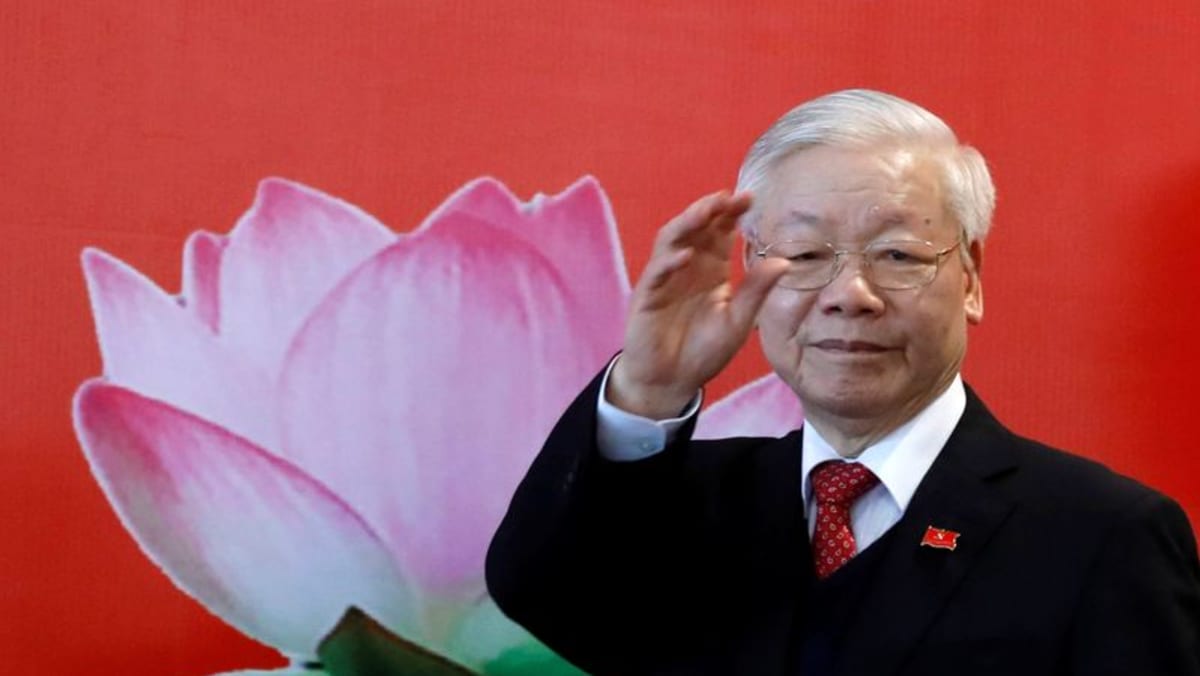FOREIGN GRADUATES COULD BE ALLOWED
In the meantime, the country’s national semiconductor strategic taskforce is looking to allow foreign graduates to work in the industry to meet growing demand.
Malaysia Semiconductor Industry Association president Wong Siew Hai said his organisation has developed a programme in a bid to solve the shortage of engineers. He similarly described the situation as a war on talent.
“I call it the war on talent because everybody is short on talent and they are here looking for talent, they are everywhere all over the world,” he told CNA.
Multinational corporations in Malaysia are also being encouraged to train young engineers.
As part of labour market reforms, the government launched the Academy in Industry programme last year, subsidising training for school leavers to meet industry needs. It hopes tech giants will come on board.
United States chip giant Intel, which set up its first international manufacturing plant in Penang 50 years ago, is investing US$7 billion to expand its operations there.
Its new advanced packaging facility is scheduled to be completed by the end of this year. It will create about 4,000 high-paying jobs at the company’s first overseas facility for advanced 3D chip packaging.
Under the New Industrial Masterplan 2030, the country is also aiming to create 700,000 high-paying jobs.
For AT&S’s Ms Azzuani, she got to receive valuable training when she was sent to the company’s Chongqing plant in China for six months.
She now gets to make integrated circuit substrates that are used in artificial intelligence – something she said she is “very excited” about. She also hopes to be a specialist in her field and become a senior manager in the future.
“Actually, right now, there are a few companies (that) want to (be in the) same industry like AT&S. (It depends) on you whether to accept,” Ms Azzuani told CNA.
“The most important (thing) other than salary is knowledge that I gained.”














